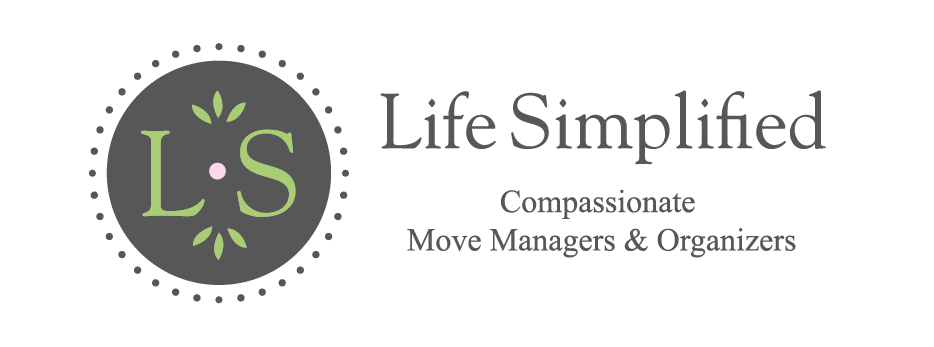My Family's Busy Bag
My Family’s Busy Bags
When you’re at a restaurant, in the car, or headed to the beach, do your kids drive you crazy by fighting or by saying that they are bored? I have found several variations of a busy bag/box on Pinterest, and created my own. My bags have changed over the years accommodating items that will satiate my 4 year old and my 7 year old!
My Restaurant Bag contains:
- Paper- That is kept in a fun print file folder
- Crayons – That are kept in a pencil case
- Coloring books
- Lacing boards – That are kept in a large pencil case or large utility baggie
- Laminated road maps – That are printed and placed in a page protector sleeve
- Matchbox cars – That are kept in a large pencil case or large utility baggie
- My Little Ponies
- Crayola Model Magic – That is kept in plastic baggies (This is like Play-Doh, but doesn’t crumble as much!)
- Laminated play dough mats – That are kept in a page protector sleeve (So the Model Magic doesn’t stick to the table!)
- Stacking cups
- Colored pom-poms or colored popsicle sticks
When my kids were toddlers, I used pack lots of board books, large Duplo blocks, finger puppets, Crayola dough, laminated play dough mats, stacking cups and Fisher Price plastic animals. For older kids, add Legos, playing cards, trivia questions, the Uno game, books, Mad libs, and maze books.
My Car bag contains everything from my restaurant bag, plus the following:
- Travel Bingo boards
- Books
- Small cupcake pans
- Magnetic alphabet letters
- Notebooks
- An Etch a Sketch
- Super hero figurines (most small items like these can be stored in an empty Wet Ones wipes container.)
- Paper on a clipboard
- Stickers
- Small snack containers – Filled with dry cereal and pretzels
- Granola bars
- Sports bottles filled with water
- Books on CD from your local library, or Conference CD’s from the NAPO-GPC library!
A fun idea that I started on a 10 hour trip to Myrtle Beach, was to get baby links from the dollar store and connect them from one car hook to the one across from it in the backseat, and a super hero traveled link to link every hour that past. Also, since each of my kids had a small version of the car bag next to them, with each activity organized inside a smaller container, there were no melt downs!
Taking a family of four to the beach is like a jigsaw puzzle! Everything needs to be organized and in a certain area or else it will be covered in sand or forgotten. Thanks to many invites to Thirty One parties I am well prepared for the beach with bags!
My Beach Bag is a system of smaller bags:
- My pocket tote holds my cellphone, cash, my son’s EpiPen, and inhalers, a suncreen stick, baby powder, and sunscreen, plus a zinc stick for my son who fries in the sun.
- My large utility tote holds everyone’s hats, my long sleeve shirt, my kid’s extra rash shirts, four beach towels and my blanket that rolls up.
- My large zipper pouch holds my husband’s iPad and my Kindle.
- Another zipper pouch is filled with a small blank pad, small coloring books, mini markers and a small My Little Pony. (This pouch was added after thinking that just the beach toys would occupy my 3 year old last year!)
Staying organized, even on vacation helps keep my sanity, and keeps my husband sane when the ice cream man rings his bell and both kids start running towards him. All he has to do is reach in the pouch for the money and not waste any time looking for it.
I hope I have inspired you to create your own “Bags” for whatever situation calls for it.




